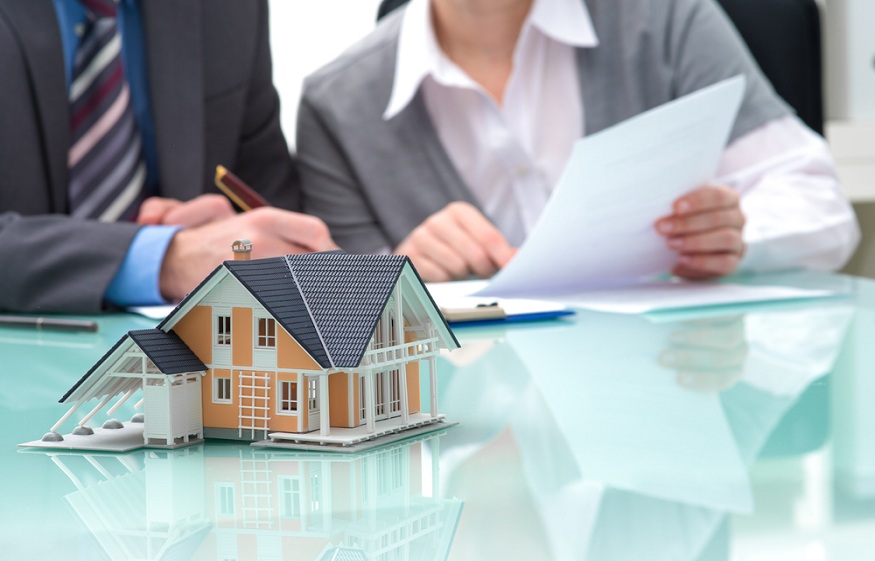Buying a home, either as an investment or as a future home in which you will live, is always a delicate process and involves a significant investment of time and money.
Many times we do not pay attention to some aspects that are very important apart from the typical ones (location, price, condition of the house, etc). If you want to buy a home with all the good aspects then “Apartment for Sale in Abu Dhabi” is a right option for you to consider.
Here are 5 things that we often overlook but that are very important when making the decision to buy a home.
1. Know your Future Neighbors
Keep in mind that, if we are buying a flat in a block of flats, we are not going to live alone. It is highly recommended, for a future good coexistence, to try to establish a previous contact with the neighbors even before buying the house.
Neighbors are an invaluable source of information that can be very useful before making the purchase, ask them about problems that may be in the building, expenses, neighborhood relationships, etc.
It’ll be better if the longer they have been in the building. If you plan to reform, it will also help you to know what kind of neighbors you have (next door, above and below) in order to avoid typical problems due to noise, dirt, etc. inevitable in this type of work.
2. Air Conditioning and Insulation
It is true that if a home meets our expectations for location, size and price, it has many ballots to buy, but we must not neglect to look at other very important aspects.
What type of heating or air conditioning system do you use and what expense does it entail? Is it in good working order? And, something very important, which will save us money and give us well-being, does the building have good thermal insulation?
If a home convinces us but fails in one of these two aspects, we must bear in mind that, in view of our well-being and quality of life, a significant investment in facilities and in the correct insulation of the home will be necessary so that it does not trigger. energy expenditure on air conditioning.
3. Orientation
Although it may not be a decisive factor when buying a home, it is good to know where our future house is oriented (especially the facade in which we have more windows):
- A south orientation will be very bright and will save us a lot of money on heating, provided we also have good windows and correct thermal insulation.
- If the majority orientation is north, we will have dimmer but more uniform lighting throughout the day and we will spend more on heating the house in winter. Although it is true that, in summer, we will suffer less from solar radiation.
- The west orientation will bring direct light into the late hours of the day, which can be very uncomfortable and reheats the house after all day with the heating on or with the sun warming the facade.
- With the orientation this happens the opposite, the Sun will enter our house in the early hours of the morning, something that can be pleasant since it helps to heat the house after night.
In summary, the best orientations are the south and the east. The north orientation will make us spend more on lighting and air conditioning and in the west we will lose comfort late in the day and it will be advisable to place awnings or slats.
4. Heights
The height of a home is important, and not just for the mere fact of having high ceilings.
Many times, especially when buying a second-hand home, we will plan to make a reform, for this, nothing better than having high ceilings where we can hide, installing a false ceiling, and new facilities.
We must look at pre-existing beams or installations that can make us lose height or that can hinder the passage of more voluminous installations such as a ducted air conditioning system. The higher and more continuous the ceilings of a house, the better.
5. Indoor or Outdoor? It Depends;.
They will always tell us that an exterior floor is better, in fact they tend to be more expensive, but in reality this depends on several factors.
In many noisy and crowded areas of cities, an interior floor is preferable to an exterior one. And it is not only the noise, many times the interior courtyard of the block where our building is located is wider than the street itself, another case in which an interior floor will be better than an exterior one.
In general, the interior floors are quieter and the exteriors are brighter, but later, as we have already said, will depend on the width of the street and the size of the interior patio.

